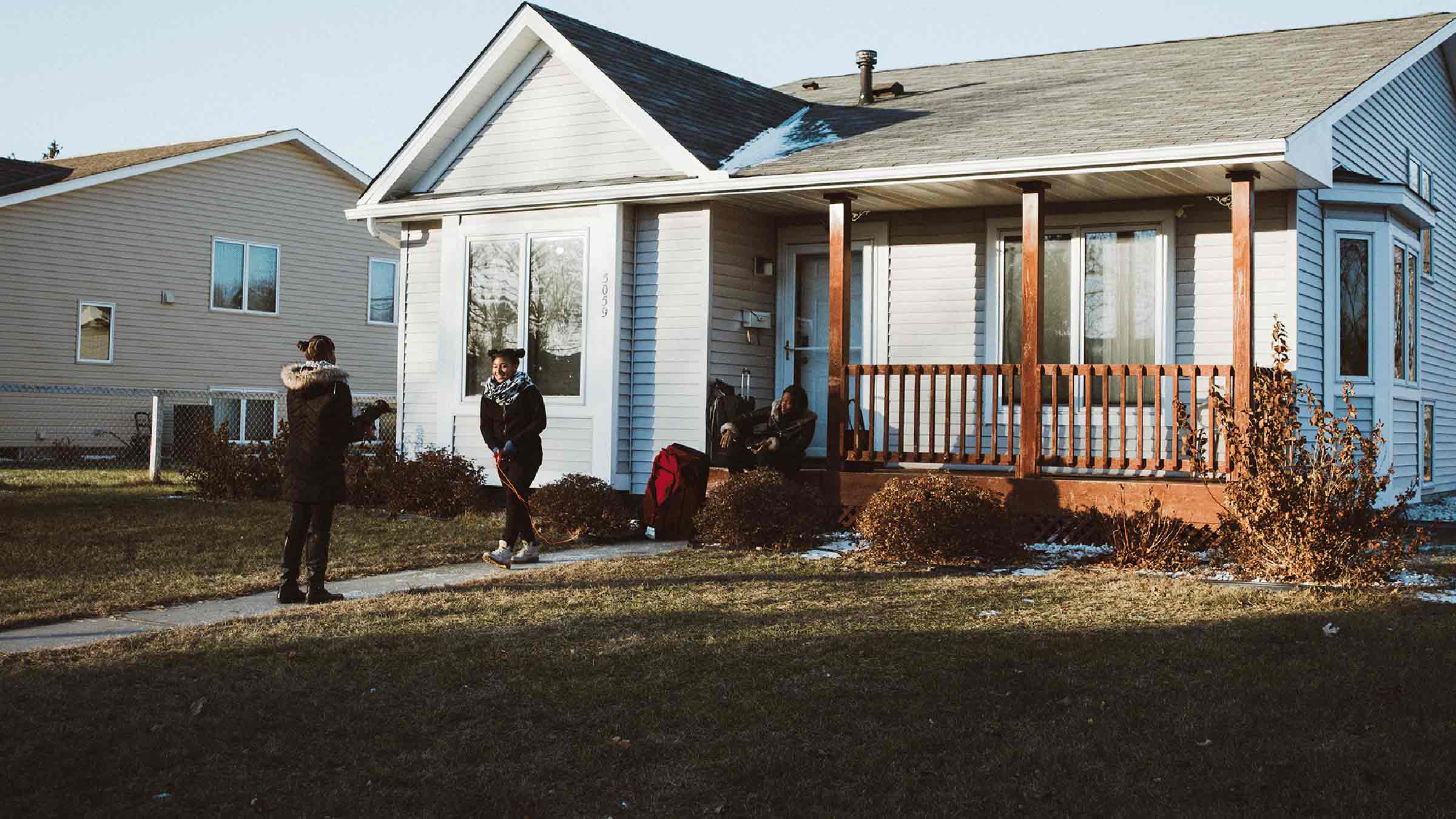
When people move from homelessness into supportive housing programs, reconnecting with and building new community connections are often participants’ first goals. They welcome family and friends to see their new place and make it feel like home. They connect with health care providers, get enrolled in school, find work and get to know neighbors. These connections fuel healing, safety and the ability to reach for bigger goals.
When challenges emerge, having community provides support and solutions that can prevent a return to homelessness. Greater Twin Cities United Way’s nonprofit partners in housing work alongside participants to build connections that honor culture, lift up strengths, give opportunities and create an environment in which long-term housing stability is achieved. We believe that connection to community is a vital part of any housing stability strategy.
In my 20-year career in housing and homeless response, I’ve worked alongside countless individuals and families working toward stable housing and recovering from the experience of homelessness. In this time, I’ve witnessed a consistent theme conveyed by these individuals: The isolating experience of homelessness, and how not having a regular place to sleep, store belongings or attend to one’s health can lead to disconnection from work, school and family.
I’ve also seen first-hand how new and renewed relationships make all the difference to ensure homelessness is rare, brief and non-recurring. Community connections — including resource sharing, social support and improved sense of well-being — are essential for ending homelessness and for maintaining safe and stable housing.
On July 1, United Way kicked off new and continued partnerships with nonprofit organizations focused on ending homelessness and supporting people to build long-term housing stability. Our partners invariably recognize the importance of community to overall stability: For many, their work supporting participants in building networks and community connections is a crucial outcome to work toward and measure over the course of our three-year partnership.
For example, United Way nonprofit partner Ain Dah Yung integrates community and cultural connections deeply into their work through creating intentional space for neighbors to get to know each other, offering culturally responsive after-school mentorship and individualized supports rooted in Indigenous culture and healing practices.
As a best practice in the field, this work has become even more important than ever as we work to heal from the impacts of the pandemic. It is well known that strong support systems help overcome challenges and improve well-being. Yet the global pandemic has impacted this aspect of life profoundly as we worked to stay safe by distancing from family, neighbors, co-workers, health providers and religious communities.
As we begin to make our way out of the pandemic, we are finding our way back to community, and this is a good thing for housing stability in our region.